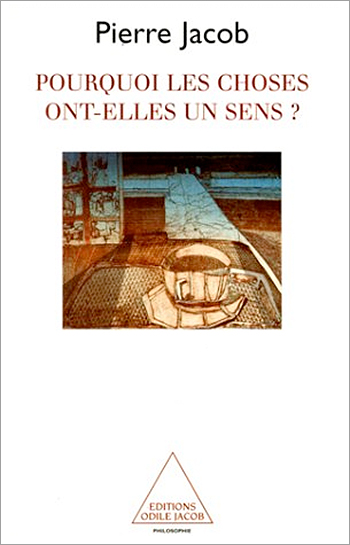Human Sciences All books
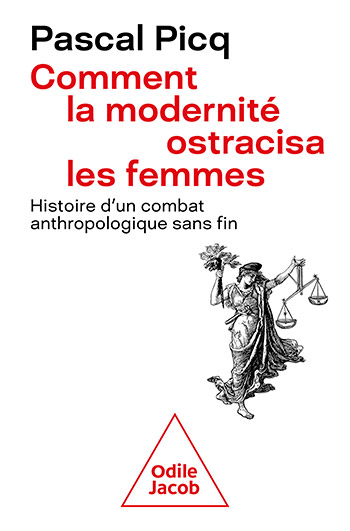
Pascal Picq
Women, Modernity and Progress
A book that looks back at history from an evolutionary perspective, by bringing women to the forefront of history and rejecting gender stereotypes that are often endorsed by historians themselves.
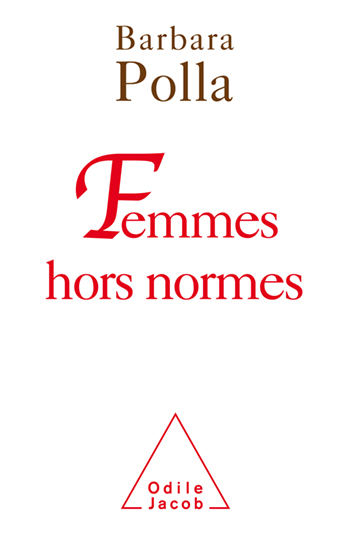
Barbara Polla
Women Who Break The Mould A book about women for women
A gallery of emblematic portraits of mould-breaking women, among them one of the great explorer Alexandra David-Néel whose motto was "Go where your heart takes you and follow your eyes." A campaigning work that will allow every one of us to break free of our shackles and to each make our contribution, as best we can, to a more open, more harmonious and more loving society.
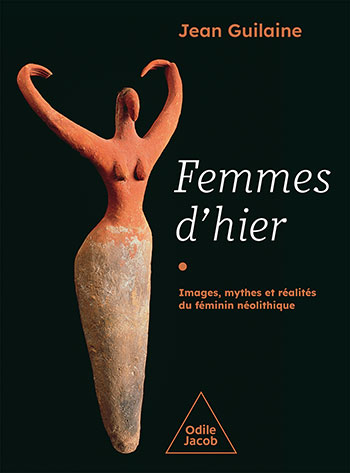
Jean Guilaine
Women of the Past Images, myths and realities of the Neolithic woman
A book by one of the most renowned specialists of the protohistoric period, to help understand women’s place in the first sedentary societies of the Neolithic period.
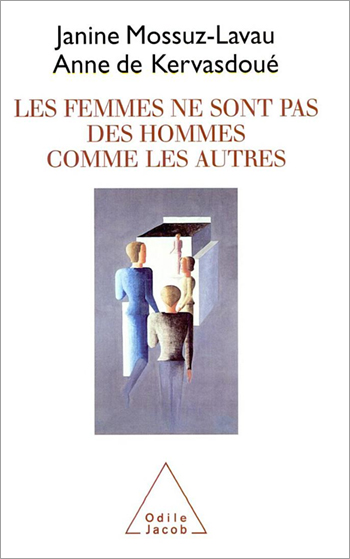
Janine Mossuz-Lavau, Anne de Kervasdoué
Women are Not Just Men
The changes which have come to be in the second half of the 20th century have taken women a long ways from the profile adopted by their mothers. Do all these transformations lead us to trace the portrait of a woman who has become a clone of men ? We can ask ourselves this question when we remember the arguments of feminists in the 70's employing the "egalitarian" themes of Simone de Beauvoir. More recently, some have gone so far as to announce the coming of an "androgynous" society. But what do the women and the men of this country think about all this ? How do women see themselves in relation to men ? How do they define themselves and how do they describe the men of their lives ? A very pointed realization of today's female identity. Janine Mossuz-Lavau is Director of Research at the CNRS.
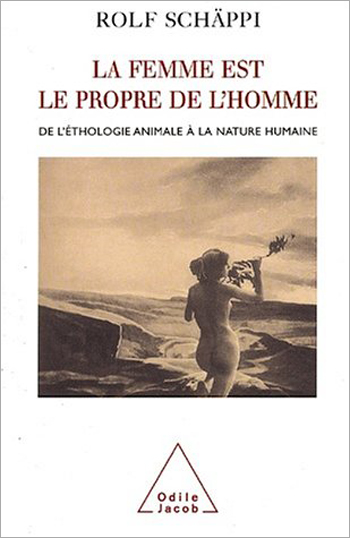
Rolf Schäppi
Woman is the Characteristic of Man From Animal Ethology to Human Nature
In this book, the author points out that although human beings are both mammals and primates, they differ in many significant ways from the other mammals and primates. Besides speech, laughter and the ability to use tools, the species Homo sapiens differs from its closest zoological cousins by three additional characteristics, which are less frequently cited because they are found only in the female. These are the female silhouette, hidden strus and the menopause. Rolf Schäppi is a psychiatrist and ethologist.
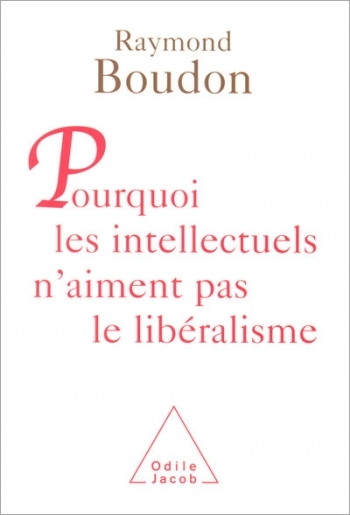
Raymond Boudon
Why intellectual peoples don't like liberalism
Given the intellectual force of liberalism, its political appeal, its economic effectiveness and its historical significance, why is it so unpopular among French intellectuals? Why does it elicit so little serious discussion? And why is it the object of so much confusion, so many clichés and misunderstandings? Is it simply out of resentment, because intellectuals feel that the market does not afford them the material and symbolic rewards that they believe they deserve? Is it just because they prefer to play a critical role in a society where capitalism is triumphant? Perhaps, but these reasons do not explain everything and they certainly dont explain the systematic rejection of liberal thought in France. A sociologist of knowledge rather than of social determinism, and a specialist in belief systems, Raymond Boudon ruthlessly analyses the cognitive mechanisms that make liberalism so hateful in the eyes of French intellectuals. The result is a keen, detailed review of the clichés that have encumbered discussions for more than thirty years. Raymond Boudon, a professor at the University of Paris-IV, is a member of the Académie des Sciences Morales et Politiques. He us the author of numerous works, most notably LInégalité des chances, La logique du social, LIdéologie ou lorigine des idées reçues, LArt de se persuader, Le Sens des valeurs and Déclin de la morale? Déclin des valeurs. He is the co-author, with R. Leroux, of Y a-t-il encore une sociologie?
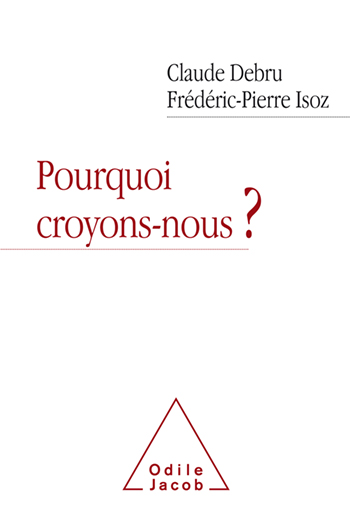
Claude Debru, Frédéric-Pierre Isoz
Why Do We Believe?
This book is a dialogue between a philosopher and a psychoanalyst.

